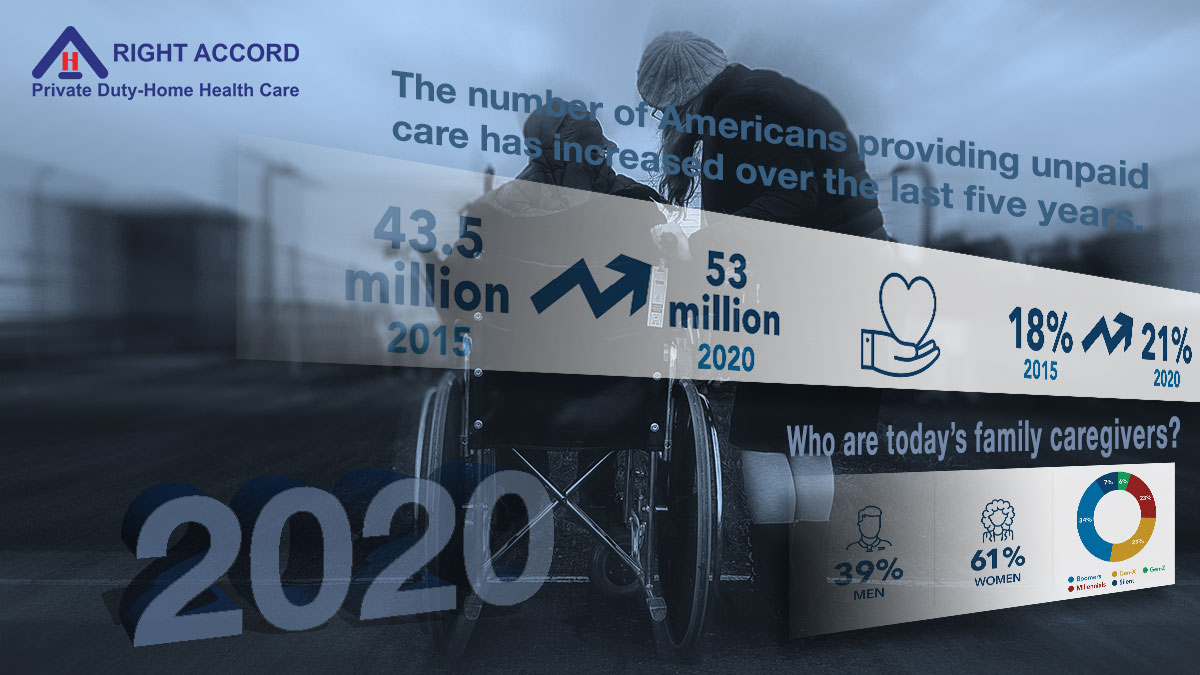· 7 min read
4 Common Types of Myths & Misconceptions About Immunization
August is a National Immunization Awareness Month. It's the annual observance debunking misconceptions and highlight the importance of vaccination for people.

By: Rosemarie Tamunday Casanova — RN, BSN, MHA
In August, the National Immunization Awareness Month (NIAM) is held to highlight the importance of vaccinations for people of all ages. The resources listed here will help you communicate about immunization to healthcare professionals, parents, and patients in August and throughout the year.
Immunization and vaccinations have come a long way. From the 13th century attempts by Chinese medicine men to prevent the scourge of small pox by sniffing powdered small pox scabs, in the hopes that this would cause a milder version of the disease, thereby making them resistant to a more devastating form.
To a varying extent, this worked, crashing down the number of deaths from between 20-30% to less than 5%. It is however most unlikely that these pioneers of immunization techniques in China and Africa and Turkey knew exactly how such mechanisms worked, we also know that their methods were in fact crude and their results not largely efficacious, but this much is clear: the principles that backed such practices have not changed much—if at all.
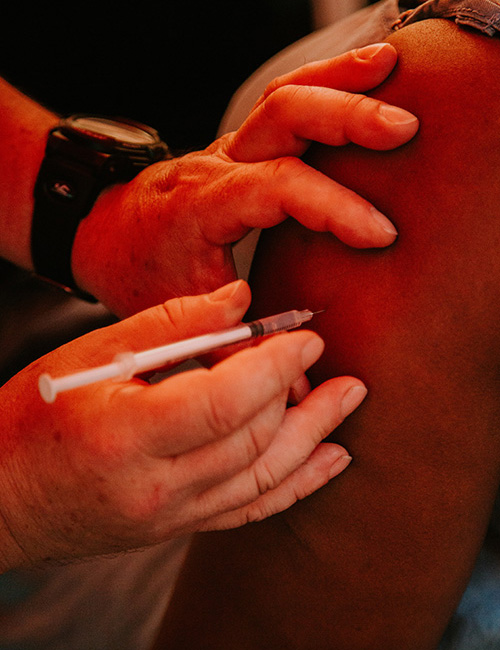
Photo by Mat Napo on Unsplash
Advancing medical science and the increasing body of knowledge have, over the centuries, fine tuned this processes to make immunization and vaccines much more beneficial to the human race.
We didn’t stop there; this benevolent hand of medical science has also been outstretched to other animals as it is now common place to vaccinate our pets and livestock against diseases that would have killed much of their kind in the not so distant past.
A lot of today’s knowledge and vaccination practices have been attributed to pioneering contributions from people like Edward Jenner, who in 1798, came up with the idea of using cow pox material in creating a vaccine for small pox. The technique, improved on with modern technology, has gone on to save countless lives across the globe, leading man to one of his greatest achievements ever; the total eradication of a disease (small pox) from the surface of the earth by May 8, 1980. Another pioneer of note is Louise Pasteur, who in 1885, created a vaccine against rabies; a viral condition that can be passed from animals to man. Today, we can keep dogs without much fear of having them become vectors of this deadly virus.
Never before, in recent history, has it been more pertinent to evaluate and consequently, appreciate the importance of immunization and vaccines than it is right now. For the past year, the world has been challenged by the Covid 19 virus, leading the World Health Organization to refer to it as a Public health emergency - one that is of International Concern (PHEIC) in 2019/2020. It would later spiral into a full blown global pandemic, a rolling stone that became an avalanche, affecting everything from business and economy to international travel and social gatherings, infecting millions, hospitalizing and killing hundreds of thousands.
Today, we are both equipped with vaccines to battle this scourge and challenged with a new variant of the virus. Although only about 29.4% of the world’s population are vaccinated against covid 19, it very clear that the individuals with full vaccinations are much less likely to have symptomatic infections with the third wave of the infection, requiring hospitalization and serious medical attention. If nothing, this shows us that the concept of immunization is no hoax.
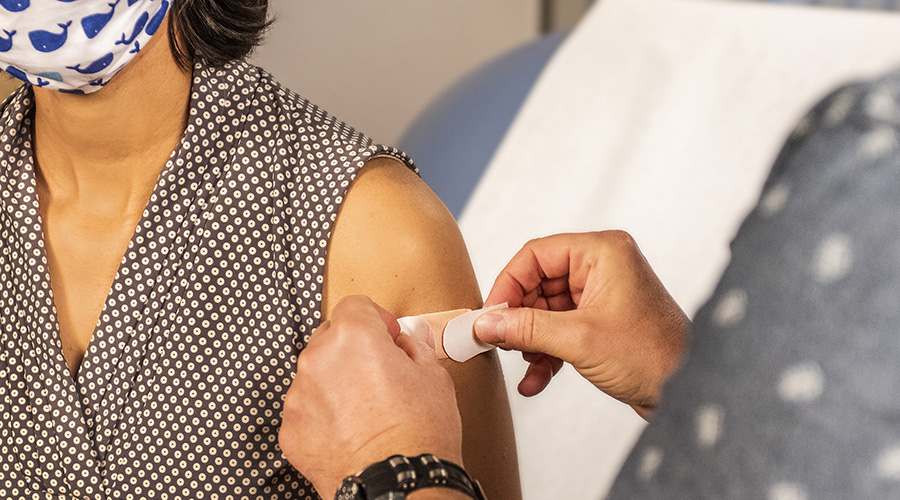
Photo by CDC on Unsplash
What is the importance of immunization?
Offers protection against serious diseases
This doesn’t always mean that with immunization you will not catch a disease. No. However, if you do contract it, the chances of you becoming seriously ill will be significantly reduced. This is because most vaccines work by the mechanism of exposing your immune system to a milder form of the disease-causing organism. This exposure, which many times have mild effects of their own, helps your immunity cells create a memory and antibodies required for protecting you should the real, more dangerous one appear.
It reduces mortality risks in children and adults
More children in this century are able to thrive into adulthood than in any century before. This is largely due to the wide spread acceptance of immunization from an early age. Disease conditions like whooping cough and diphtheria, which would ordinarily have been a dreaded threat are now rare outcomes seen mostly in societies with limited access to medical intervention and immunization campaigns.
Immunization saves personal medical cost
Prevention has always been cheaper and better than cure. Immunization is a preventive measure that can help individuals save money in medical expenses from treating a disease that could have been initially prevented with a vaccine. Many vaccines and immunization campaigns in recent times are being funded by the state or non-profit organizations. Which means that at little or no cost, people can take advantage of such opportunities to prevent illness and the complications that come with them.
It saves cost in government health expenditure
It is economically prudent for states to organize and carry out immunization campaigns. This is because in the long run, less funds will be required in providing healthcare services for the number of people who will become sick and will require treatment from public health facilities for vaccine-preventable disease conditions.
Although immunization and vaccine acceptance have come a long way and are now widely acceptable, there is still more awareness required. There are those who still believe in certain conspiracies as regards the safety and intentions behind the use of vaccines.
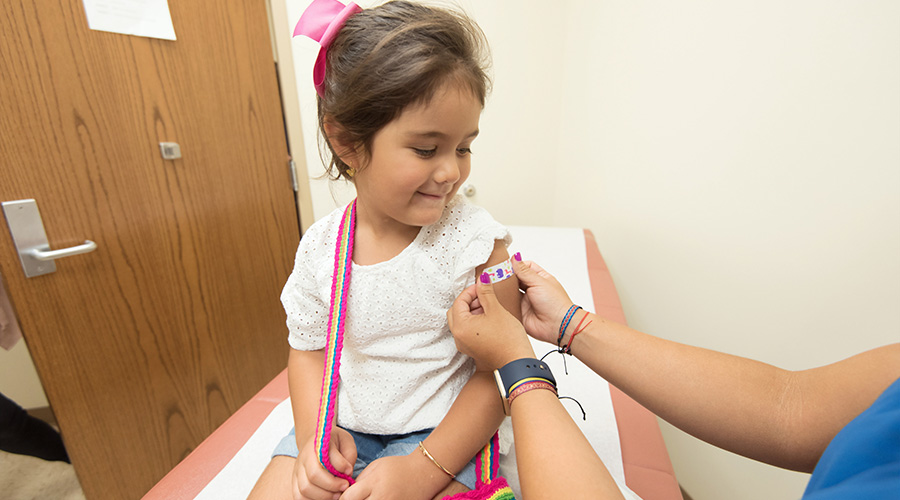
Photo by CDC on Unsplash
Misconceptions about Immunization
Immunization schedule is too frequent
This is not true. A lot of medical research, funding and testing have gone into the study of immunization and vaccines. The different schedules for immunization have been reviewed by medical authorities and deemed safe and ideal for their respective age brackets. It is okay to follow through on them.
They cause the disease they are supposed to protect against
If there is any element of truth to this claim, it is the fact that many of these immunization doses are made from weaker versions of the real organisms. Therefore it is sometimes expected that users may show mild symptoms when they take them. However, it can not be the same with being infected with the more virulent organisms.
Immunization causes Autism
There is no truth whatsoever in this claim. Immunization and vaccines have never been the cause of autism in children. In fact, the only wild claim to this —which perhaps, is the root of this conspiracy— was an article which has been disproved multiple times by different independent researchers.
It is not important to immunize children
In fact, children are perhaps one of the most important age brackets who need immunization. This is because, at their early stages, they do not have a well formed immune system to protect them from diseases like diphtheria, measles and whooping cough. Immunization at an early age significantly reduces child mortality rates.
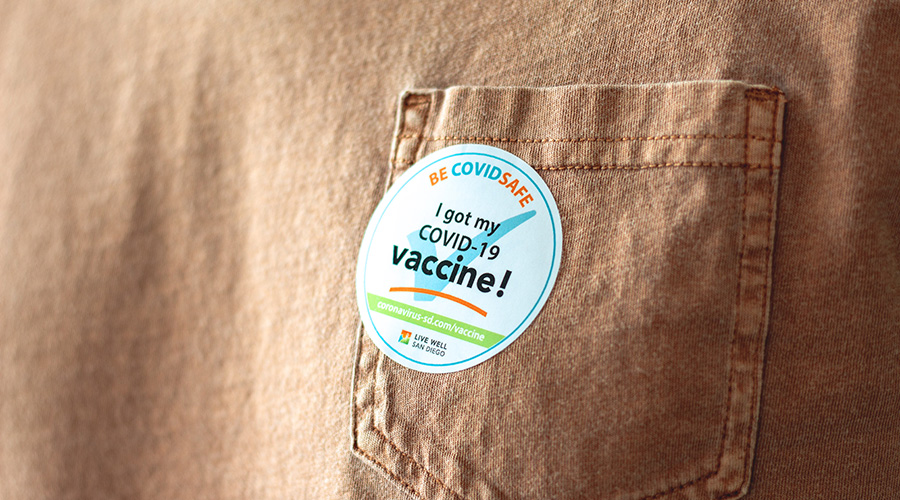
Photo by Marisol Benitez on Unsplash
What can I do in this Awareness month?
There are many so things that you can do to promote the National Immunization Awareness Month. Some of these things includes the following actions.
Encourage Covid 19 vaccination
If you haven’t been vaccinated yet for covid 19, now is the time to take that step. Encourage others by getting vaccinated to show them it it’s safe and healthy to do so.
Encourage routine childhood immunization
Spread the word to family and friends about the importance and benefits of child immunization
Use your platforms effectively
This month, you can make it a duty to share bulletins and digital flyers on your social media platforms about the importance and benefits of immunization programs. You can find many helpful materials from resourceful websites of health organizations.
Professional awareness
Health professionals can take a few minutes to talk with their patients about vaccinations. Allay their fears and provide answers to their questions. That way, they too can help with answers to the questions of others.

Photo by Nick Fewings on Unsplash



